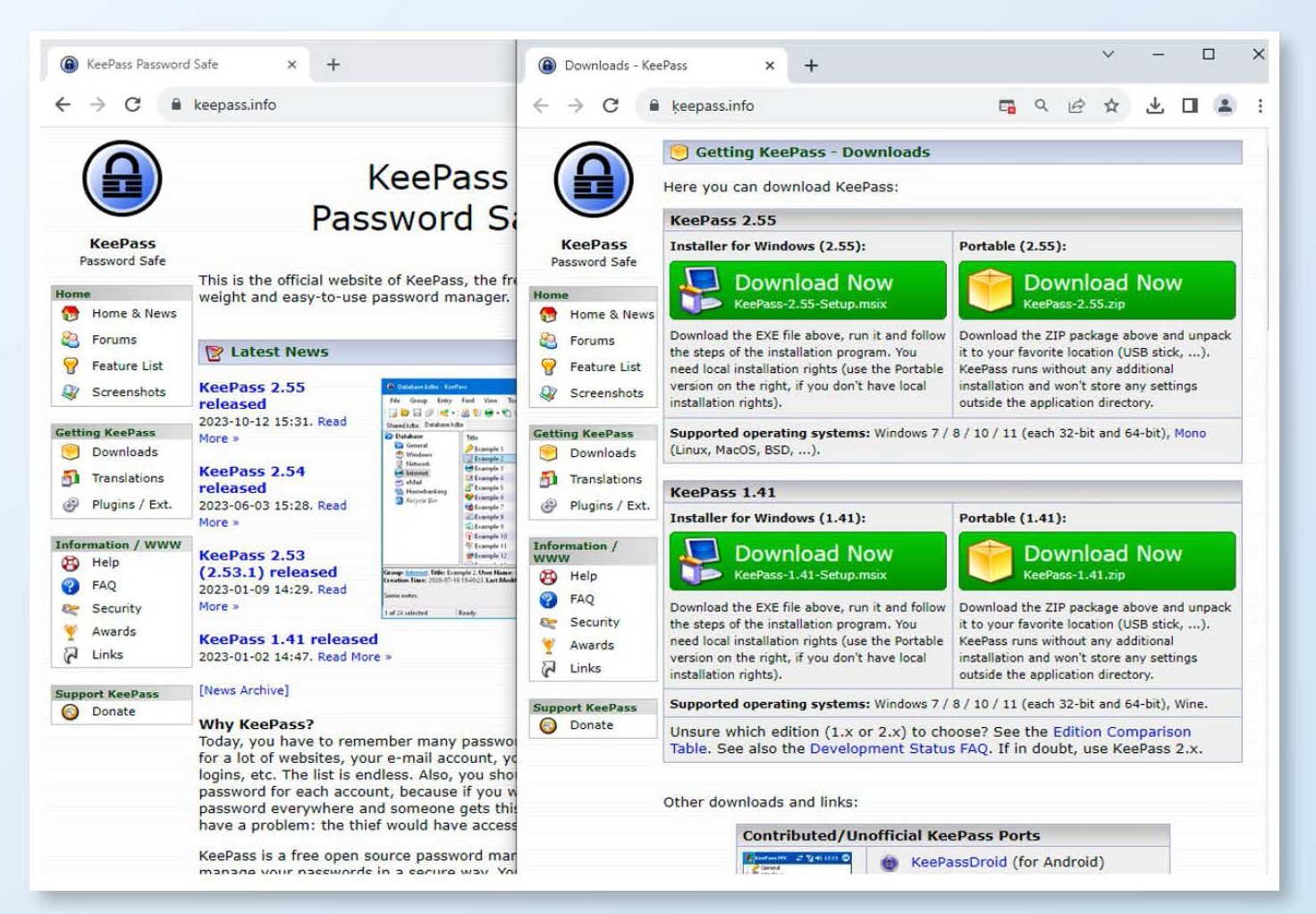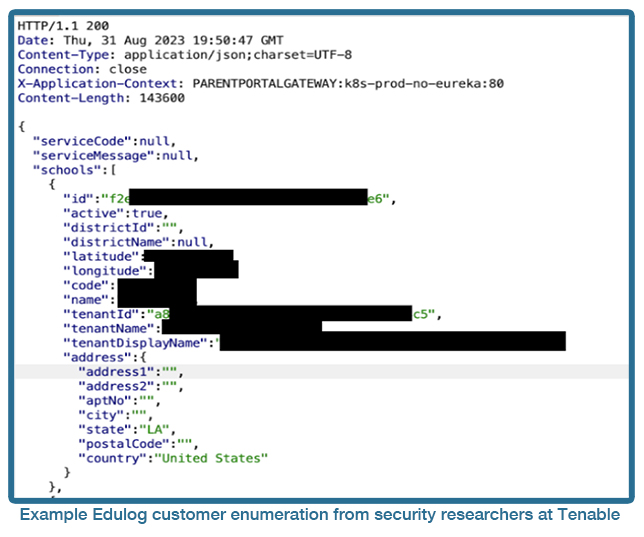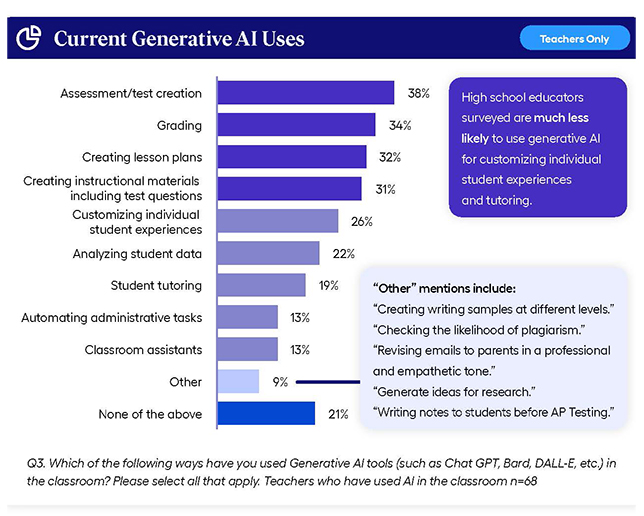
New research from Malwarebytes ThreatDown analysts shows that 2023 was the "worst year on record" for education, with a 105% jump in known ransomware attacks targeting the sector and a 92% rise in ransomware targeting K–12 education specifically — with nearly half of those targeting U.S. school districts.
K–12 education software company PowerSchool has acquired Allovue, a financial budgeting, planning, and analytics provider for K–12 school districts.
Document management company Scribbles Software has rolled out improvements to its ScribOnline platform to make records handling easier for K–12 school systems.
A week remains for K–12 stakeholders to submit comments on the Federal Communications Commission’s proposed 3-year, $200 million Schools and Libraries Cybersecurity Pilot Program, and so far, most comments submitted have expressed significant concerns that it is too "too small and too slow" to help public schools defend against emerging cyber threats.
The New Hampshire Department of Education (NHED) and Tutor.com have expanded their tutoring partnership agreement to include upper elementary students in grades 4-5 and adult learners preparing to take the GED and HiSET high school equivalency exams.
Beginning in funding year 2024, K–12 school districts may use E-rate funding for school bus-based Wi-Fi, connecting students on long bus rides — and, in some districts, connecting students in homes with no internet service — just as the Emergency Connectivity Fund expires.

Security researchers said this week that API vulnerabilities in the Edulog school bus tracking platform made the names and geolocation data of 6 million student riders available to anyone, and while the vulnerability has been fixed, schools that post their Edulog sign-up code on their websites are still at risk.
Education data researchers at Burbio have launched a State-Level Funding Tracker newsletter “to better organize” information on special revenue sources for K–12 schools and districts, which can subscribe at Burbio’s website.

Positive, proactive communication with families can help educators address the root causes of chronic absenteeism.

Digital curriculum provider Imagine Learning, in a new survey of K–12 educators’ perceptions and uses of generative AI, found that 90% of respondents believe the technology has the potential to make education more accessible for students who need personalized learning methods.